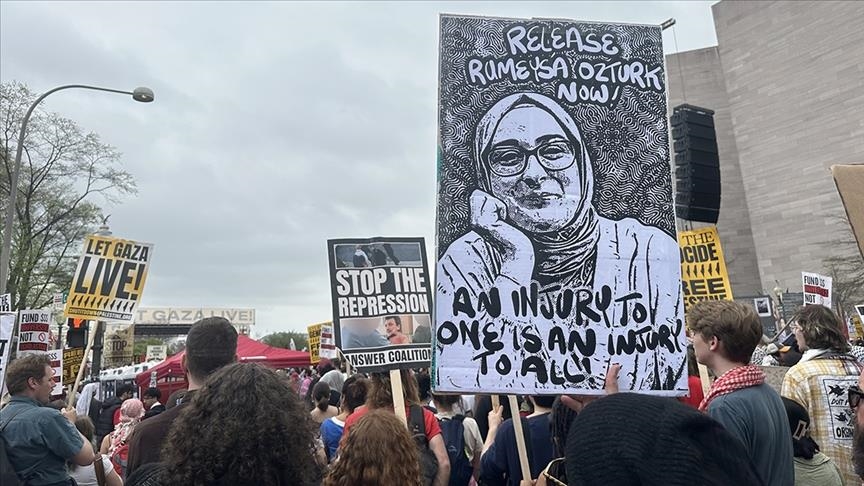
A federal appeals court has temporarily halted a lower court's order that would have required immigration authorities to bring detained Turkish doctoral student Rumeysa Ozturk to Vermont for a hearing on her detention challenge.
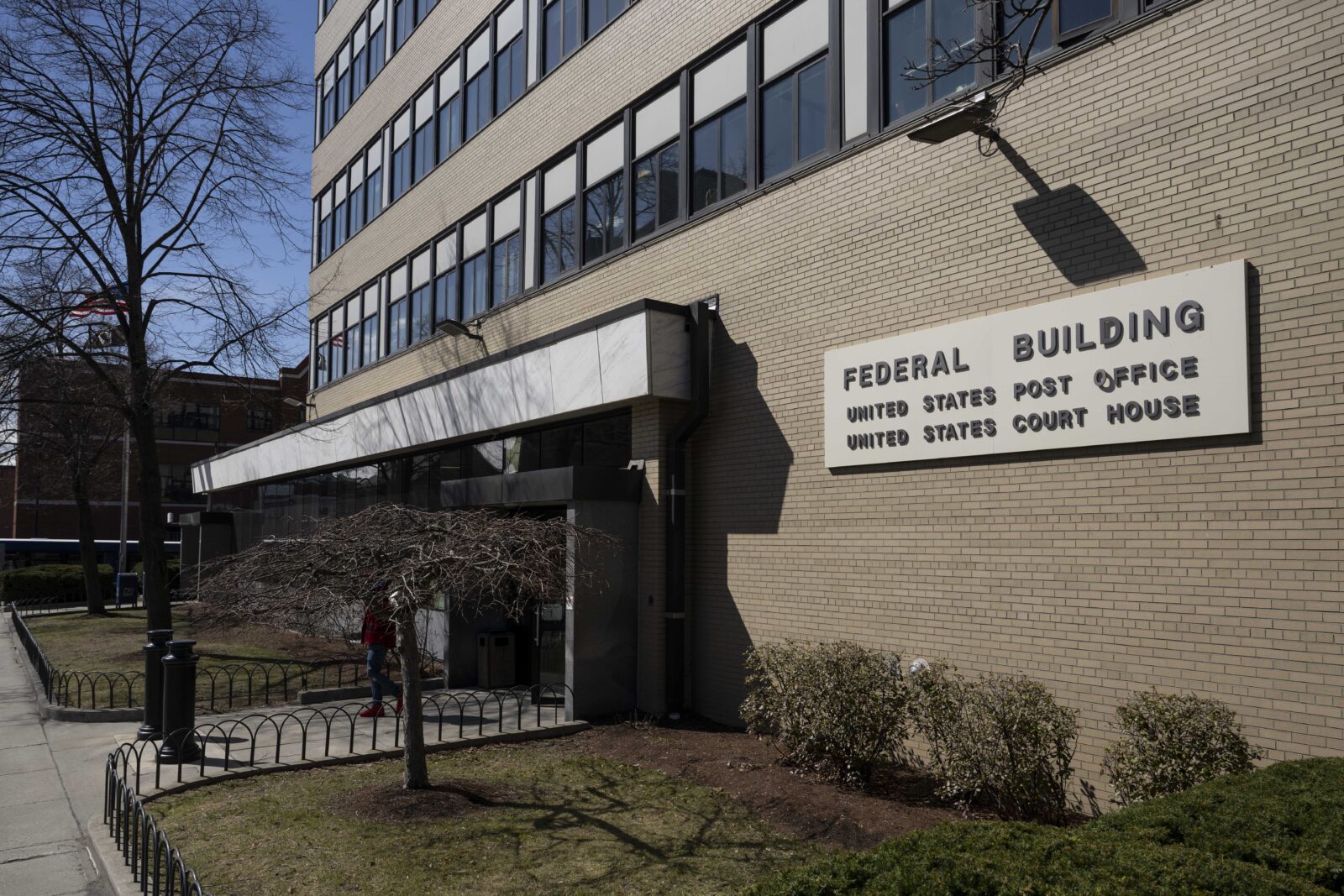
The U.S. Court of Appeals for the Second Circuit issued an administrative stay of Vermont District Court Judge William K. Sessions III's order, which had directed officials to transfer Ozturk from Louisiana to Vermont by May 1.
"The purpose of this administrative stay is to give the court sufficient opportunity to consider the merits of the emergency motion for a stay pending appeal and should not be construed in any way as a ruling on the merits of that motion," the court stated in a brief filing.
A three-judge panel is scheduled to hear the government's appeal on May 6. Judge Sessions' original order will remain on hold until the appeals court reaches a decision.
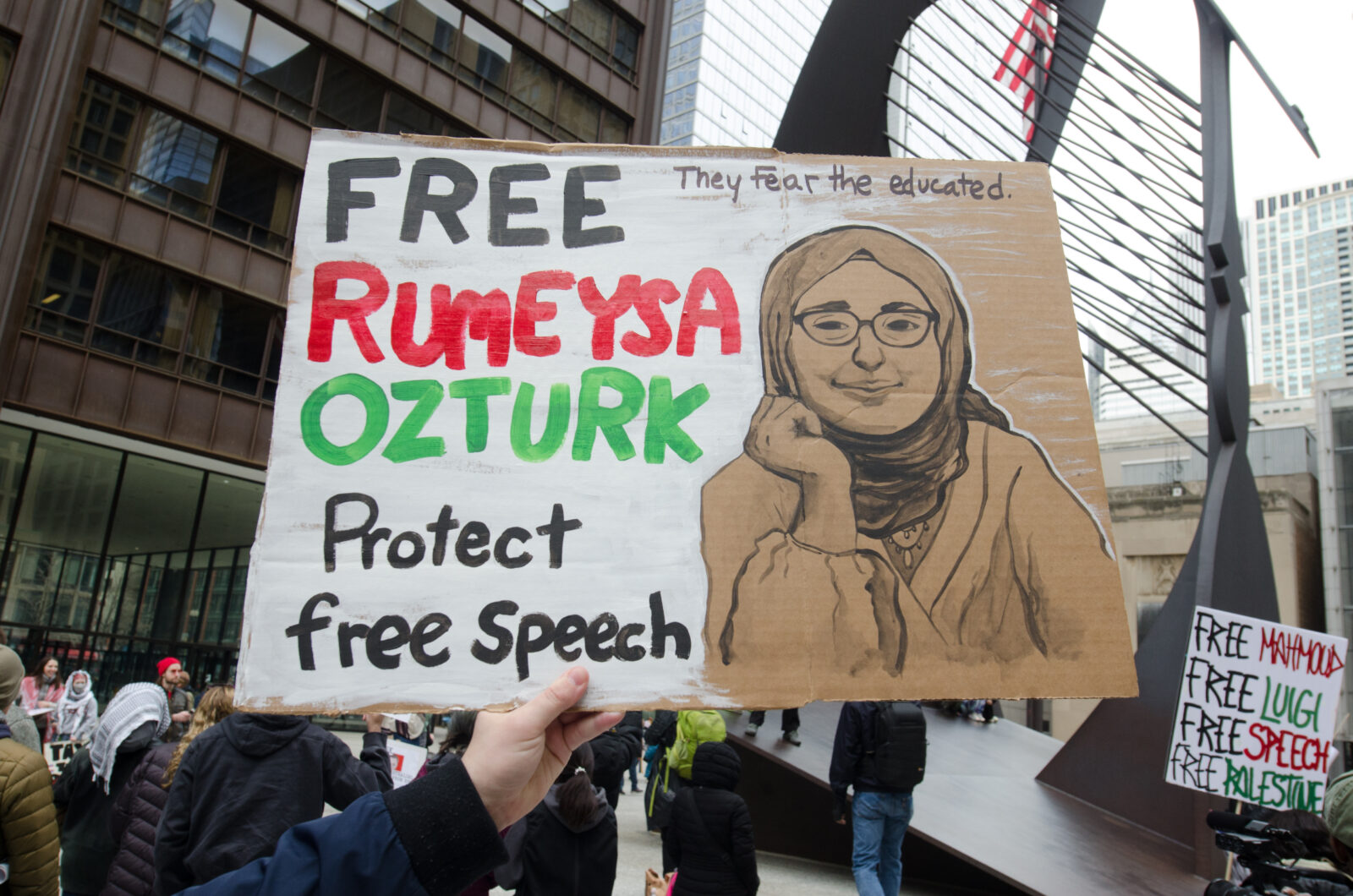
The legal saga began when federal prosecutors appealed Sessions' transfer order and requested the judge pause his own directive while their appeal proceeded. Sessions denied that request, prompting prosecutors to seek relief from the higher court.
Ozturk, 30, has been in federal custody since March 25, when Immigration and Customs Enforcement (ICE) agents in plainclothes arrested her on the street. Following her arrest, she was transported to New Hampshire, then Vermont, and eventually to Louisiana, where she remains detained. She has not been charged with any crime.
According to court filings, Ozturk has been held in difficult conditions—a 14-person cell occupied by two dozen women—and has suffered multiple asthma attacks during her detention.
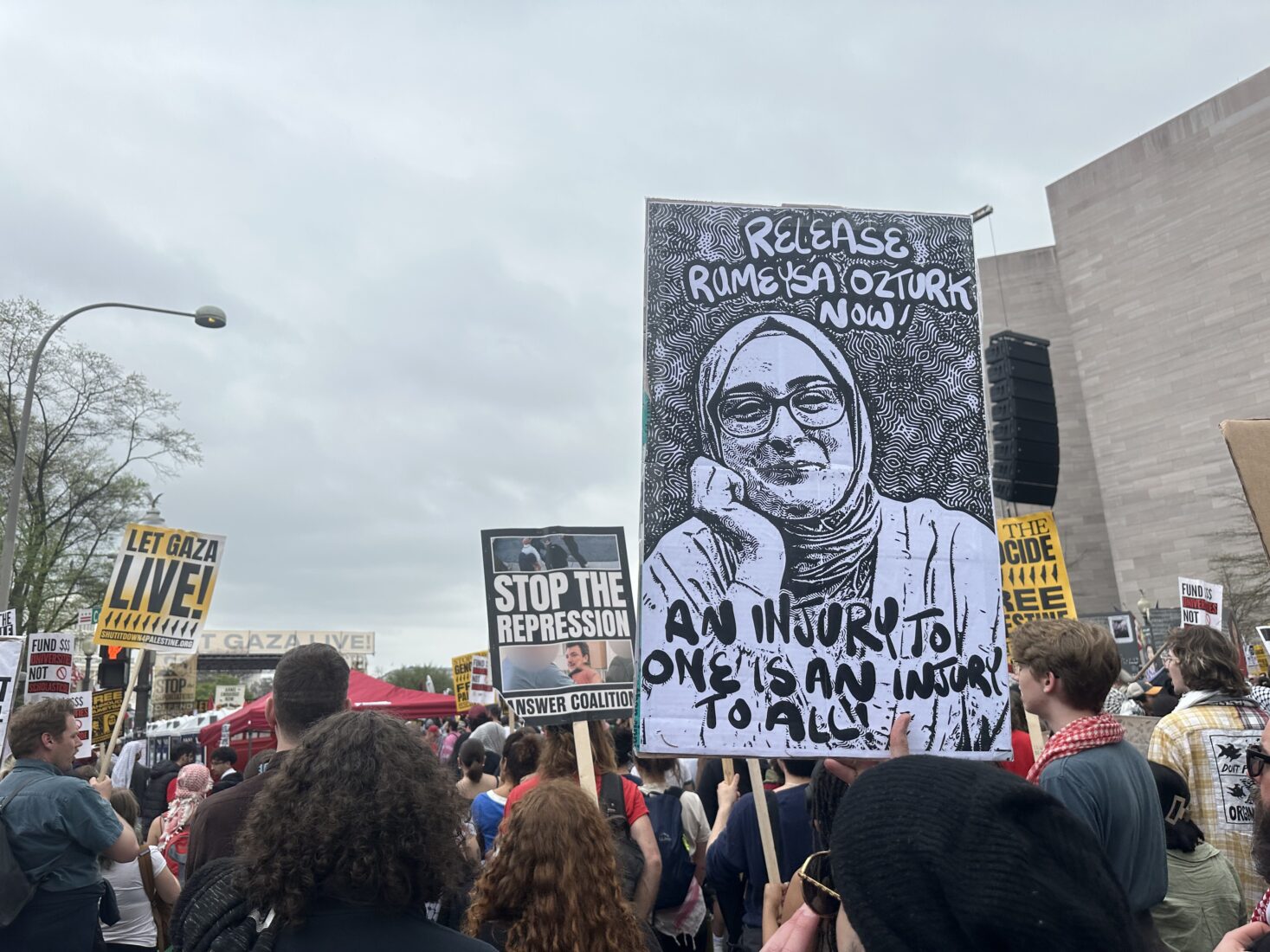
Through the American Civil Liberties Union (ACLU), Ozturk's legal team issued a response stating that their client "never should have been arrested and detained, period."
"We are ready to argue her case before the Second Circuit Court of Appeals, and we won't stop fighting until she is free," her lawyers added.
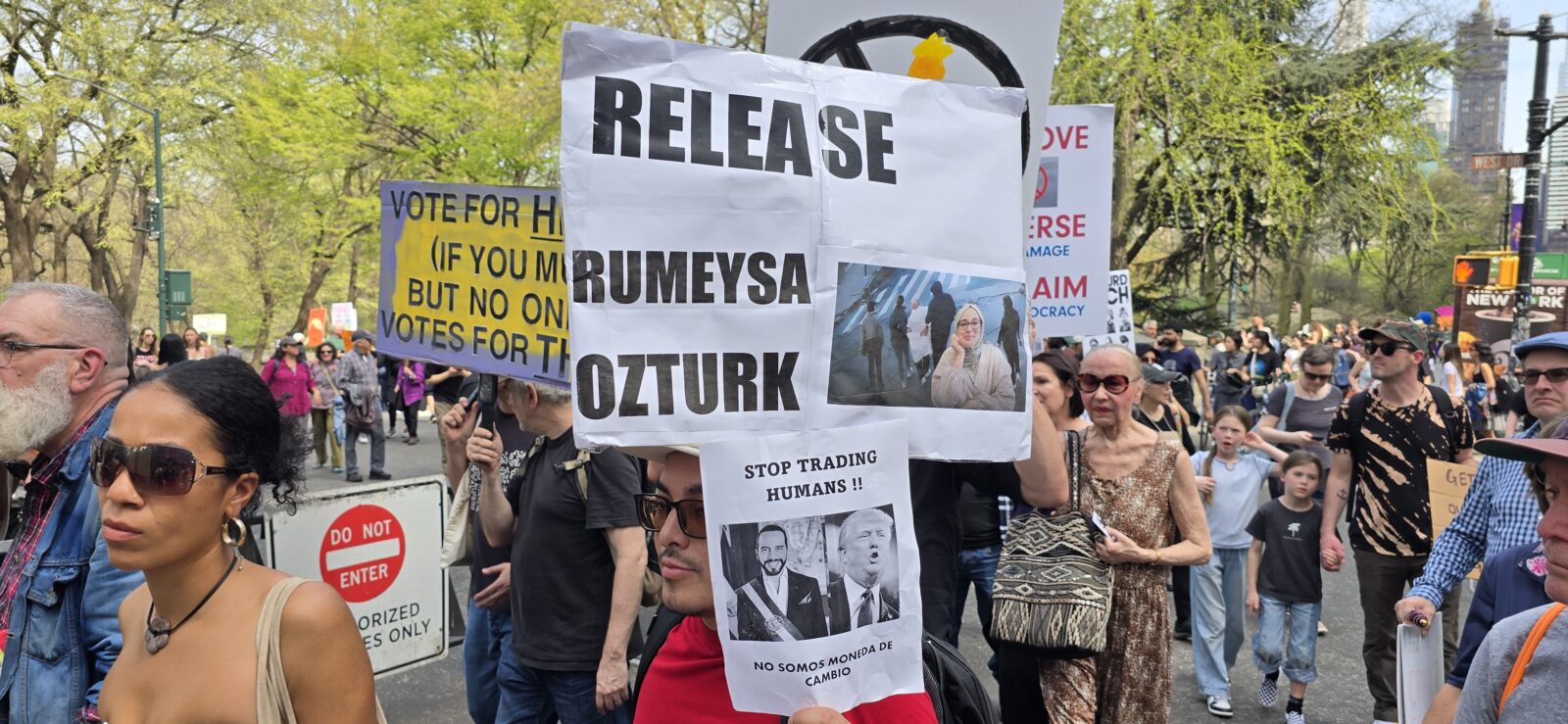
Her attorneys allege the Trump administration revoked her student visa without warning because she co-authored a pro-Palestinian opinion piece in Tufts University's student newspaper last year. While federal officials have claimed she supports Hamas, they have not provided specific evidence to substantiate this allegation.
Both sides retain the option to appeal the Second Circuit's eventual ruling to the U.S. Supreme Court.